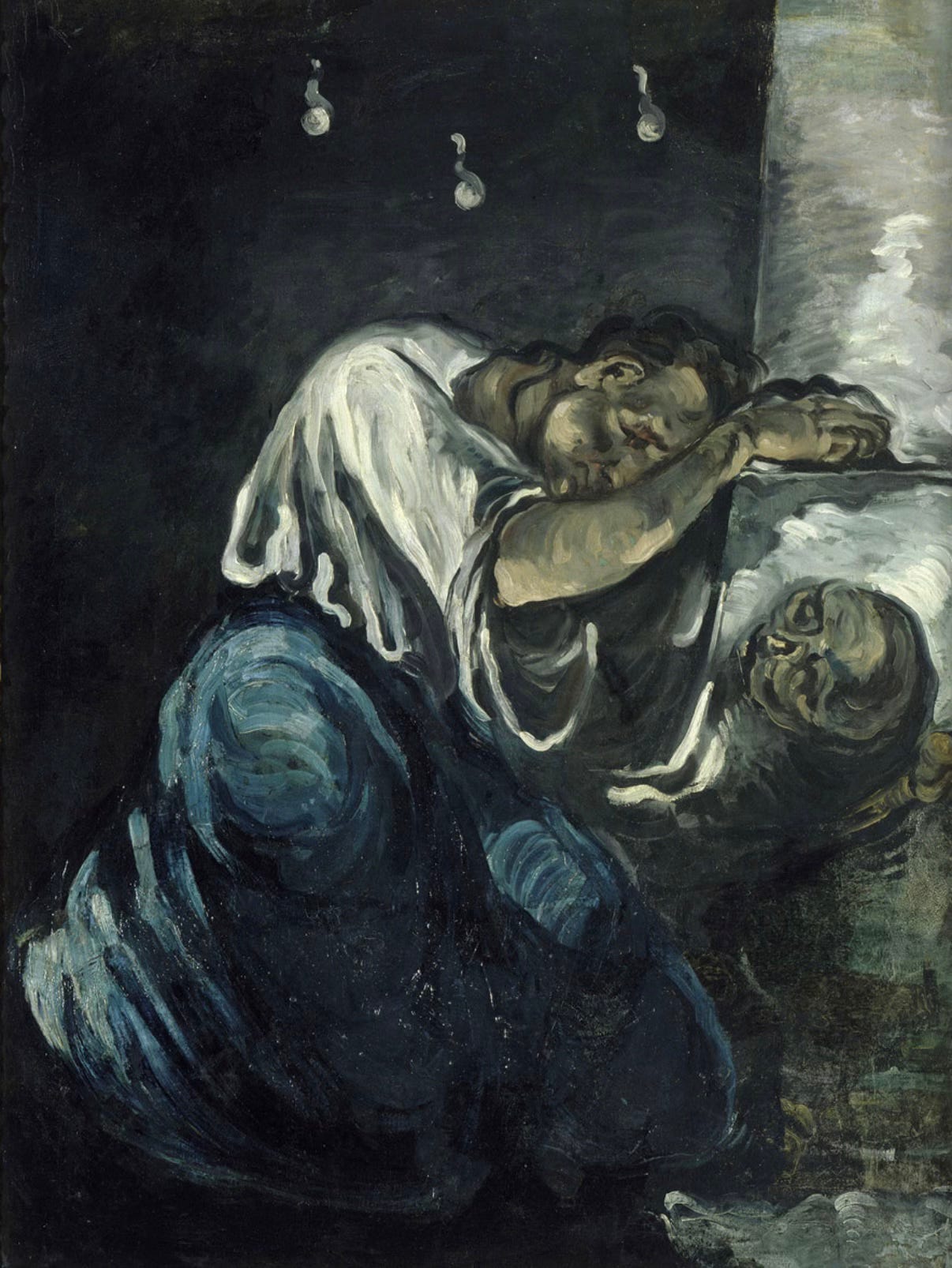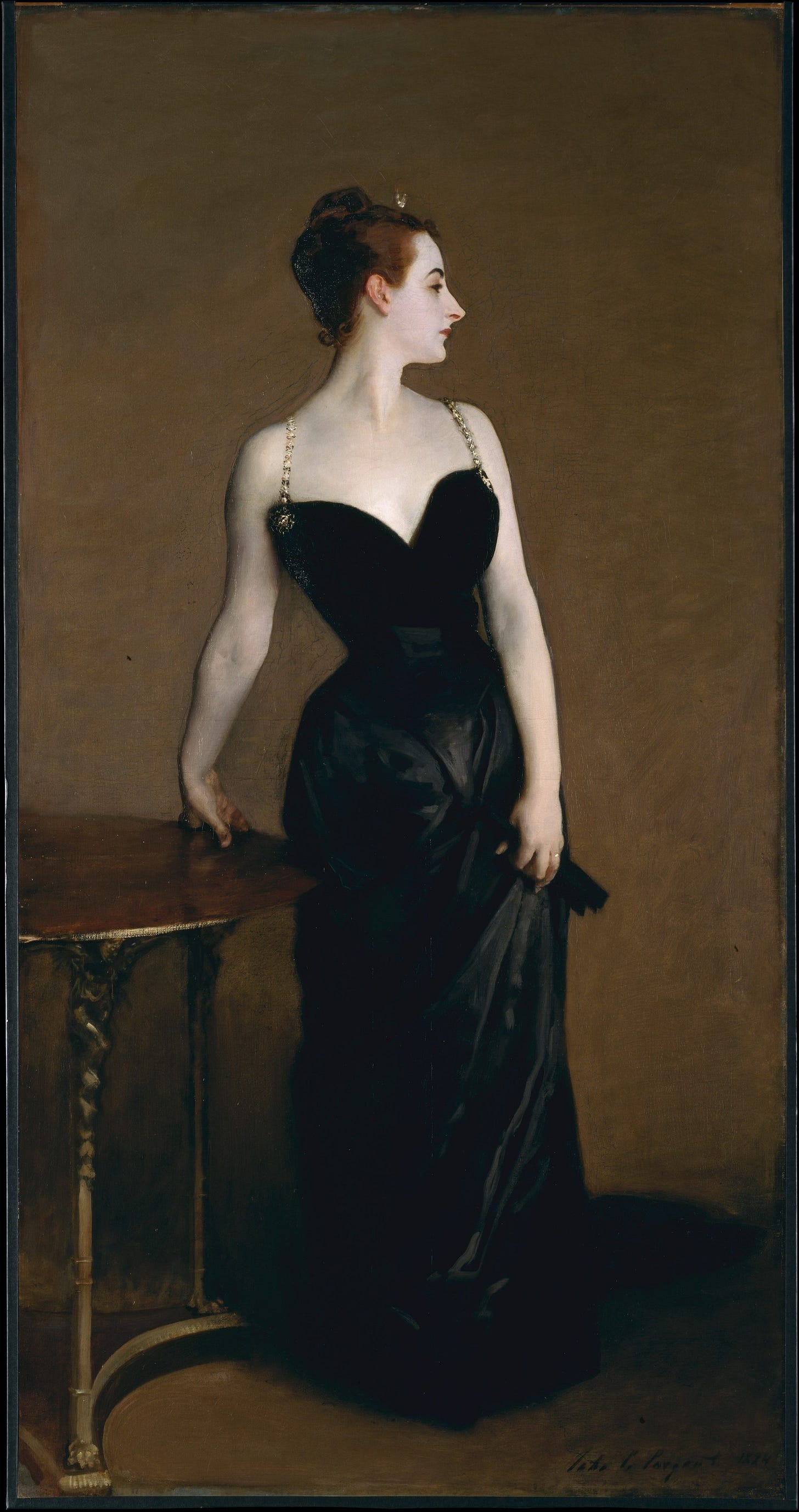Emotional Chaos In High Heels
The hidden power plays of the emotionally wounded woman, and the rise of her healed counterpart – an interesting map for men
Unhealthy women love to play emotional war games to fuel their ego and avoid confrontation, but this tendency is not born in a vacuum. It is often the fruit of centuries of female disempowerment sublimated into covert strategies of influence. Historically denied direct power, whether social, financial, or political, many women cultivated indirect methods of asserting agency: manipulation, emotional leverage, seduction as currency. What began as a survival strategy in patriarchal environments hardened into character structure, passed down like psychological heirlooms. When a woman cannot say “no” without punishment, she learns to say “yes” while meaning “no.” She learns to make the world guess. These adaptive behaviours were modelled by maternal figures who lived within oppressive domestic and social frameworks: the mother who smiled while being erased, who avoided conflict to preserve the illusion of harmony, who taught her daughter that the only rebellion available was covert. What we now call “emotional games” is often the residue of emotional survival, calcified into dysfunction.

Unhealthy women often engage in these inherently manipulative tactics because they have internalised distorted models of power, intimacy, and communication. Many grew up in households where direct expression was punished, vulnerability was unsafe, and emotional chaos was the norm. The emotional landscape was not one of safety and reciprocity, but of reactivity and control. They learned early that ambiguity and guilt were safer tools than clarity and truth. In today’s world, where power is technically more accessible but wounds remain unprocessed, these tactics linger as ghostly reflexes. Emotional volatility pretends to be authenticity, intensity is confused for depth, and unpredictability becomes a substitute for agency. She may not even realise that her strategic silence, her calculated coldness, or her orchestrated jealousy are forms of emotional control. To her, it feels like self-protection. But in truth, it’s a caged woman playing chess against her own liberation.
The unhealthy woman craves closeness but fears dependency. She desires validation but despises those who offer it freely. She wants intimacy, but only if it arrives on her terms. Her ego becomes a fortress she both hides in and attacks from. She mistakes her emotional armour for complexity, believing that to be loved she must be pursued through storm. Her romantic relationships, then, become a loop of confusion, testing, and sabotage. Her behaviours (ghosting, triangulating, gaslighting) aren’t always calculated, often they are compulsive. But they are also familiar, and in their familiarity lies their seductive power. Instability, to the emotionally wounded woman, feels safer than calm. Safety, after all, was never neutral in her early experience, it was either conditional or entirely absent.
By contrast, healthy women are not simply “good communicators” or “emotionally intelligent” in the Instagrammable sense. They are forged through fire: through self-inquiry, therapy, spiritual work, and often, loss. They have deconstructed the roles handed to them – dutiful daughter, likable girlfriend, accommodating wife – and replaced them with self-authored identities. They’ve learned to distinguish between trauma responses and true desire, between projection and intuition, between people-pleasing and relational generosity. A healthy woman can sit in the fire of discomfort without retaliating. She can say “no” without guilt, set a boundary without rage, express a need without apology. Her clarity is not aggression; it is a form of love, toward herself, and toward others. Her strength lies in the act of being both grounded and emotionally available, not in dominance or stoicism.
Their strength, importantly, is cultivated, it is not innate. They are not born this way, but they do learn. These women are not born exceptional, they have become so by interrogating those old inherited scripts. They understand that femininity is a living inquiry, not a fixed role. They are often the daughters of mothers who swallowed their truths, who whispered through clenched teeth, who bore their pain in silence. They carry forward their mothers’ resilience, yes, but they also break the intergenerational chain of performance. These are the women who do not simply speak, they discern. They choose presence over persona. And this is a cultural revolution, not a personal triumph.
To understand how these two types of women emerge, we must look backward before we look inward. For centuries, women were denied legal agency, political representation, and psychological subjectivity. The “hysterical woman” of Freud’s case studies wasn’t ill, she represented the system’s mirror. A woman with no language for her internal life became a repository for the projections of a society that feared her complexity. In the 20th century, the feminist movement gave women tools to name their oppression but also created new contradictions. Women were told to be independent, but not too assertive. Sexual, but not too expressive. Intelligent, but never intimidating. Some overcorrected by mimicking masculine aggression. Others retreated into the seductive theatre of the damaged but desirable. And so, emotional war games became the battleground where agency, identity, and desire fought their quiet wars.
But now, something new is emerging. The rise of the emotionally healthy woman is one of the most radical developments of our time. From the suffragettes to Simone de Beauvoir, from Adrienne Rich to Esther Perel, each wave has carved out new emotional and intellectual ground. Healthy women today are heirs to those who fought for external freedoms and for the internal right to stop pretending. They are no longer willing to be either the martyr or the manipulator. They seek neither domination nor submission…. but collaboration. They know that emotional maturity is a practice, not a performance. And they are willing to lose approval to maintain integrity.
For women who recognise themselves in the unhealthy patterns, the path to healing begins with curiosity, never with shame. Ask: What am I afraid of? When did I first learn that being clear wasn’t safe? Whose emotional language am I still speaking? Therapy helps, especially trauma-informed modalities like Internal Family Systems (IFS) or EMDR (Eye Movement Desensitisation and Reprocessing). But so does deep solitude. Reading the works of women who refused to be domesticated. Journaling, to reveal, not to perform. Somatic awareness is crucial: healing is not intellectual alone; it must be felt. Begin to track the nervous system, to sit with discomfort without needing to control it. Choose friends who mirror clarity, not chaos. And most of all, stop confusing your defences for your identity. Complexity is not the same as contradiction. Vulnerability is not weakness, it is an absolute refusal to hide.
Men who encounter emotionally unhealthy women often find themselves in a psychological maze – one they did not design but are asked to navigate blindfolded, poor them! The mistake is to confuse her chaos for mystery, her volatility for passion, her coldness for depth. You are not her therapist, nor her saviour. If you feel like you are constantly decoding signals, justifying your feelings, or bracing for the next eruption, you are not in a relationship; you are in a survival response. Set boundaries early and firmly! Call out patterns without shaming and resist the temptation to “fix” her with love. Healthy masculinity meets games with clarity, not submission. If she desires to evolve, your grounded presence may be a catalyst. If not, your exit is self-respect, not abandonment. (of course there is unhealthy masculinity out there, but I should write a different essay for that as well).
These dynamics extend far beyond individual partnerships. The emotional health of women – or lack thereof – shapes the collective psyche. A society full of emotionally wounded women is a society endlessly replaying unspoken grief, inherited rage, and relational fragmentation. But a society of emotionally mature women? That is a society capable of transmuting pain into power. It is a place where communication becomes the currency of connection, not control. Where emotional depth is a shared language not a performance. Where accountability replaces blame, and intimacy is possible without enmeshment. We don’t need women to be perfect (men, read that again, and keep it in mind!), we need them to be awake. Awake enough to say: I see what I became to survive. I honour it. And now I let it go.
Ultimately, the difference between the healthy and the unhealthy woman is existential not moral. One is reacting from an unexamined wound; the other is responding from integration. One seeks to control others to escape herself; the other meets herself in order to relate authentically. One lives in persona; the other in presence. The tragedy is that many women mistake their emotional games for freedom when they are, in fact, elaborate chains. But the miracle is this: those chains can be broken. Emotional maturity is cultivated, not gifted. It belongs to any woman courageous enough to dismantle her defences, challenge her illusions, and reclaim her voice. And when she does, she becomes a better partner, and most importantly she becomes a force. The kind of force that no longer fears confrontation because she has already done the hardest work of all: confronting herself.
To every woman shedding strategy for sincerity: you are becoming, not unravelling, because emotional maturity is the audacity to heal your wounds out loud, not to hide them,
T.





This article is rich. In my mind, we can't speak to the nature of female bodied people without attributing that nature to a history of oppression and control. It was in my lifetime that women had to have bank loans signed by their husbands or fathers! My lifetime! Of course every part of our behavior has been born out of survival strategies in a disempowered position in society! How could it be otherwise? This is certainly my perspective when it comes to coaching couples in love and sexuality. It runs deep. A woman's relationship to sex is an integral part of this wounded past. Her relationship to desire, obligation, orgasm, worthiness, jealousy, competition, confidence. We're dragging the entrails of our past (and present) behind us as we move forward.
The powerful, incisive piece I needed to read, a rare blend of cultural critique, psychological insight, and lived empathy. Bravo! Your framing of the emotionally unhealthy woman as not simply “toxic” but wounded—and historically shaped—is a deep departure from the reductive labels often seen in mainstream discourse. It acknowledges pain without justifying harm, and that’s an important, humane distinction. I love this.
What struck me most is your observation that “emotional games” are the residue of emotional survival. That phrase alone reframes manipulation not as maladaptation—a deeply personal response to systemic deprivation. It made me reflect on how often both women and men carry forward these relational scripts, mistaking inherited defense mechanisms for personality traits. This is our society today. This.
There’s also a nuanced tension in your essay between personal accountability and structural inheritance. While you emphasize healing as a personal choice, I wonder how we can better socialize emotional literacy, particularly for girls growing up in environments that still reward silence over assertion. How do we make emotional maturity less of a personal miracle and more of a collective norm?
One last thought: I appreciate that you didn’t present “healthy womanhood” as a fixed destination but as an ongoing practice—messy, conscious, and courageous. That reframing itself feels like an invitation, not a judgment. Because I’m tired of boring mainstream judgements.
So here’s my question: what does it actually look like to raise emotionally healthy girls in a culture still obsessed with performance, likability, and control?